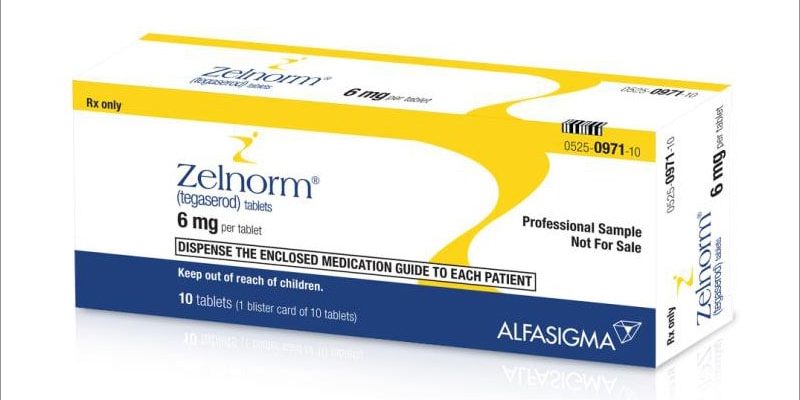Zelnorm (tegaserod), an oral short-term treatment of irritable bowel syndrome and constipation (IBS-C), is being removed from the US market effective June 30, according to the manufacturer, Alfasigma.
The Italian pharmaceutical company said the drug is being removed for business purposes, not because of any concern involving its safety or efficacy, nor has it been recalled.
The drug has been through a teeter totter of regulations since its inception.
When it was first introduced in 2002, Zelnorm was a first of its kind drug and was intended to treat all women with IBS-C in the short term. But it was removed from the market 5 years later following concerns about cardiovascular side effects. Clinical data showed an increased incidence of stroke and angina in women taking Zelnorm.
Despite these concerns, the US Food and Drug Administration voted to reintroduce the drug into the market in 2019, but only for women without a history of heart health problems.
Though Alfasigma will stop making the drug, a company news release said current users can continue use for a while.
“Patients will continue to have access to Zelnorm (tegaserod) for as long as the existing supply of product remains in the trade channel,” Alfasigma said in a news release about the drug removal. The company urged its customers to discuss alternative IBS medications with their doctor.
Zelnorm is a serotonin agonist, meaning it binds to receptors and stops the release of serotonin into the system. These sorts of drugs can decrease the pain associated with IBS and help increase gut motility in order to pass stool. Other drugs besides Zelnorm that use this mechanism include alosetron and cilansetron.
Follow Medscape on Facebook, Twitter, Instagram, and YouTube.
Source: Read Full Article
